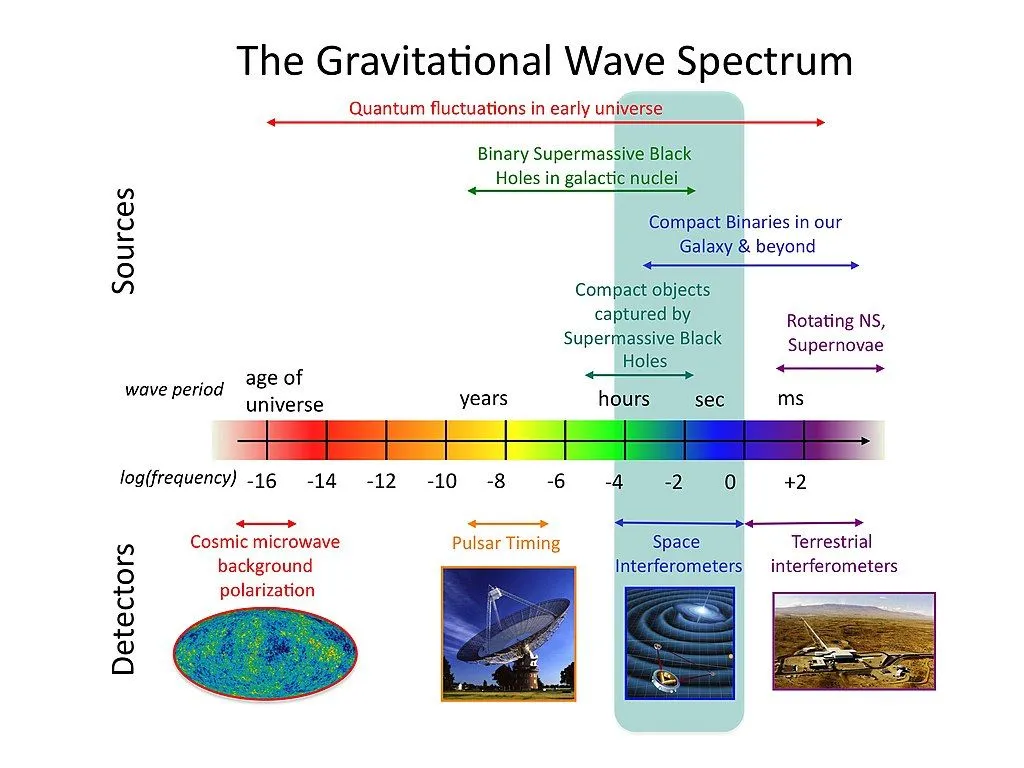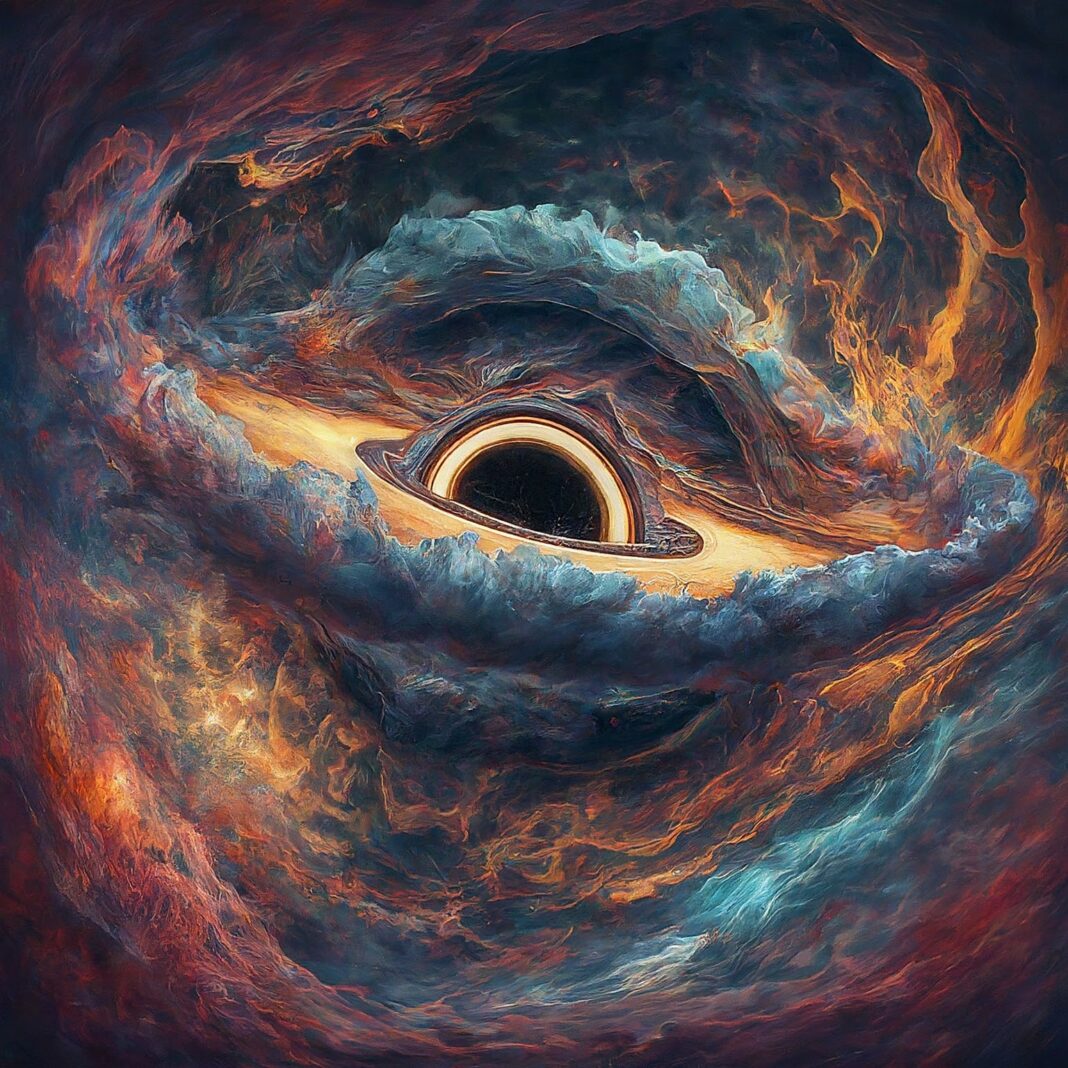In 2023, physicists made a groundbreaking discovery that could redefine our understanding of the universe’s origins. Nearly imperceptible ripples in the fabric of space and time, known as gravitational waves, were detected using pulsar timing arrays. These waves, which create a low-frequency hum across the cosmos, were initially attributed to a phase transition shortly after the Big Bang. However, new research suggests that this explanation may not be as straightforward as once believed
Gravitational waves, as first predicted by Albert Einstein in his 1915 theory of general relativity, arise when massive objects accelerate, causing ripples in spacetime. While these waves are negligible on a small scale, they become significant when involving massive cosmic bodies like neutron stars and supermassive black holes. The recent detection of these waves, particularly those with nanohertz frequencies, has led scientists to question their origin, with some suggesting they may be linked to a supercool phase transition following the Big Bang.

Phase transitions are sudden changes in a substance’s properties, typically triggered by a critical temperature. The most familiar example is the freezing of water into ice. However, “supercool” transitions occur when a substance, such as water, becomes “stuck” in its liquid state, delaying its transformation into ice. Scientists believe a similar “first-order phase transition” may have occurred at the universe’s birth, generating gravitational waves that could provide insight into the conditions present during the rapid expansion of the universe or even before the Big Bang itself.
The key question is whether these low-frequency gravitational waves could indeed be the result of such a supercool phase transition. According to Andrew Fowlie, an assistant professor at Xi’an Jiaotong-Liverpool University, the physics behind these waves might be more complex than previously thought. Fowlie’s research reveals that the transition required to produce such low-frequency waves would need to be supercool. However, during the rapid cosmic inflation triggered by the Big Bang, such a slow transition would struggle to complete, given that the transition rate is slower than the universe’s expansion.
Fowlie and his colleagues suggest that even if the transition sped up towards the end, it would still alter the frequency of the waves, making them inconsistent with the nanohertz frequencies observed. This finding challenges the assumption that these gravitational waves are “supercool” in origin.
“If these gravitational waves do originate from first-order phase transitions, then there must be some unknown, richer physics at play,” Fowlie explains. This implies that our current understanding of these transitions, especially those occurring at the universe’s beginning, might be oversimplified.
The implications of this research extend beyond the cosmos. A deeper understanding of supercool phase transitions could also shed light on more terrestrial phenomena, such as how water flows through rocks, the optimal method for percolating coffee, and even how wildfires spread.
To further unravel the mysteries of gravitational waves and their connection to the Big Bang, scientists will need to employ more sophisticated techniques. Only then can we hope to answer some of the most fundamental questions about the universe’s origins.











